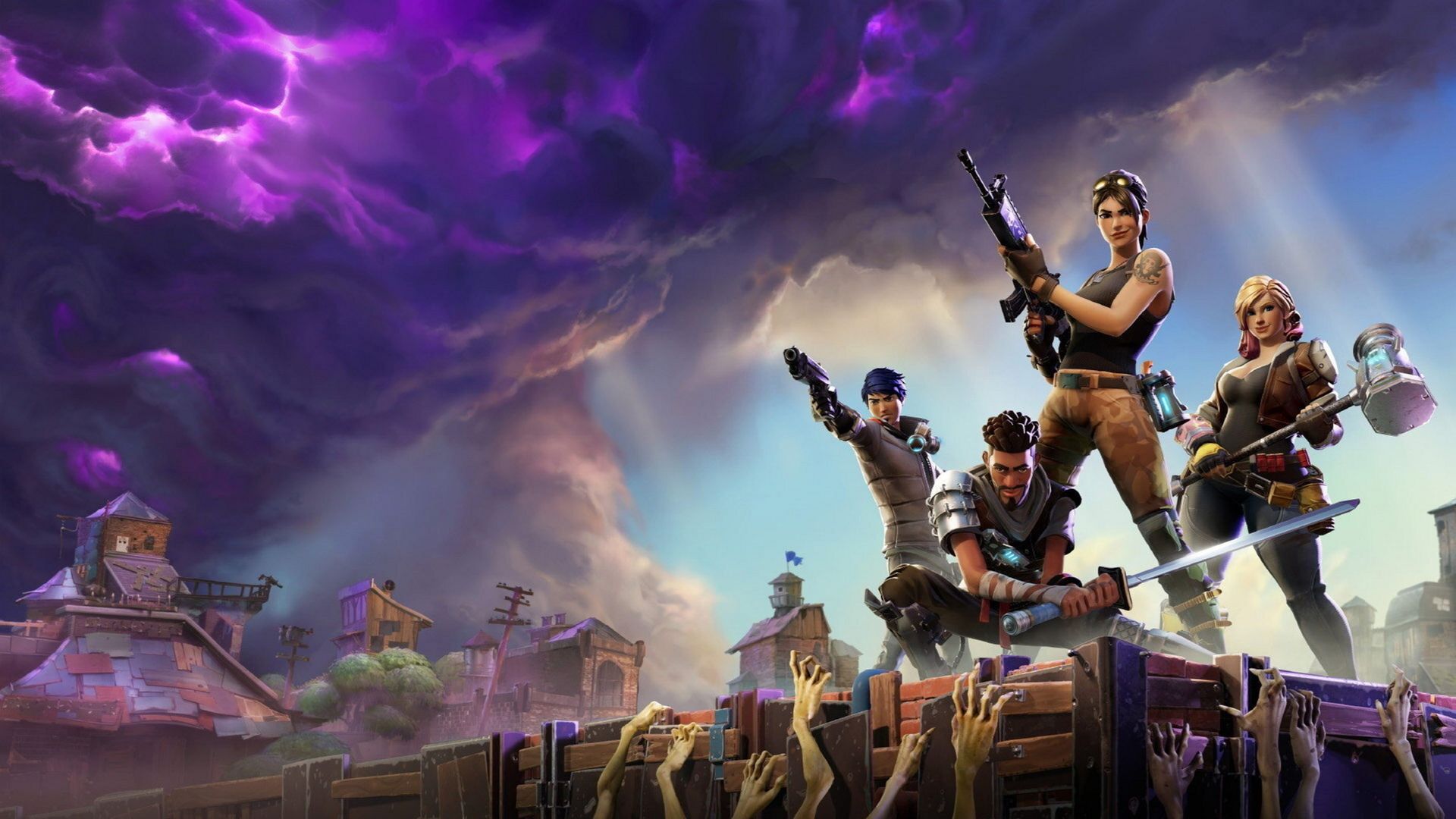
A California jury did not have much time for Google this week. After a four-week trial, it took less than four hours to decide that the company had broken antitrust laws to make billions from its Google Play app store. “I just think they need a refresher on integrity a little bit there,” one juror later reflected.
The verdict in the federal trial is a nasty setback for what have become moneymaking machines. When Apple launched the first app store for the iPhone 15 years ago, it created a new kind of retail outlet for software, not only virtual but much more profitable than a supermarket. Courts and antitrust regulators are discovering how rewarding that innovation is.
The man who keeps telling them is Tim Sweeney, chief executive of Epic Games, the developer behind the game Fortnite. Epic lost a similar case against Apple in 2021, when a judge largely ruled for Apple, despite accepting that it makes “extraordinarily high” profits from its app store. Epic’s victory this week vindicates Sweeney’s persistence.
The fact that iPhone users must download apps solely from Apple’s store, while 90 per cent of apps on Android phones are downloaded through Google Play, has given both companies great power. That is now in question, although Google is appealing: “The verdict knocks a big hole in the wall of the walled garden,” says Mark Lemley, a law professor at Stanford University.
Mark Zuckerberg, chief executive of Meta (which has its own virtual reality headset app store) once mused that Twitter’s founders “drove a clown car into a gold mine and fell in”. Steve Jobs drove a Mercedes-Benz but there was an equally accidental quality to how Apple came up with its original pricing policy of charging developers a 30 per cent fee to sell apps in its store.
The idea of a software app was then novel, since the iPhone had only been launched the previous year, and it did not appear outrageous for Apple to levy a charge similar to sales margins in physical stores. Walmart, for example, has made a 24 per cent gross profit this year on the products it sells in its supermarkets, despite being known for offering “everyday low prices”.
Apple’s lead was followed by Android Market, which later became Google Play. Apple hails its store for making it easier and cheaper for developers to sell software and it has no limits on shelf space in the way supermarkets do. Developers can put their free apps on display at no cost (they pay Apple a $99 annual fee) and are charged only for selling the paid ones.
So far, so reasonable. But there is a big difference between app stores and physical supermarkets: the latter must build and run stores and distribution hubs, employ checkout staff and shelf stackers, advertise widely and so on. After all these costs are accounted for, their margins often descend to single digits: Walmart’s operating margin this year is about 4 per cent.
It is easier for app stores. They cost much less to operate and those with the market power that Apple and Google possess keep on generating more cash as more apps appear. There are 1.8mn apps in Apple’s store and, although more than 80 per cent of those are free, the judge in the 2021 case agreed with an estimate that its operating margin exceeds 70 per cent.
Apart from being many times more profitable than Walmart, app stores have another advantage. It is easy for shoppers to switch supermarkets if one charges more than another, but it is awkward to move from an iPhone to an Android one if an app is too expensive. Google Play faces some app store competition on Android, but Apple stands alone with iOS.
So be it, the Apple case judge ruled: its app store is very successful but “success is not illegal”. Google was less fortunate this week. The jury was unimpressed by its having offered some developers financial incentives to stick with Google Play, rather than defect to other app stores. It made itself legally vulnerable by trying to curb competition and maintain its grip (as well as by automatically deleting some internal messages).
One of Google’s difficulties was having to make its case to a jury, rather than solely to a judge: however elegant one’s legal arguments, making so much money is never a good look. Google and Apple have acknowledged that tacitly by cutting fees for small developers. The original 30 per cent has been eroded: nearly all developers of Google Play apps pay 15 per cent or less.
Google also had a feisty opponent in Sweeney, which was its own doing. Games apps account for more than 70 per cent of app store revenues, much of that coming through in-app payments for virtual goods and add-ons. If you are in a delicate position in antitrust law, placing the fee burden so heavily on developers of virtual worlds such as Fortnite is perilous.
The ultimate issue is financial: Apple could not have known that its invention would work so well, but it and Google have come to operate two of the most profitable stores in history. No matter how they found the gold mine, they run it now.